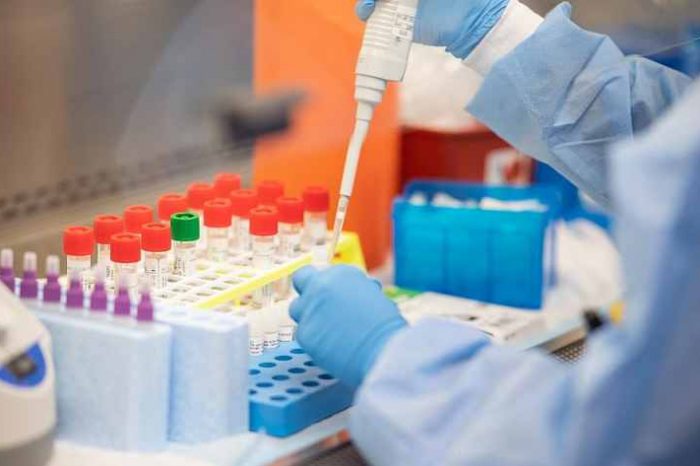Does the study show Lupus patients using hydroxychloroquine not getting COVID-19?

Are people with lupus protected against COVID-19? This is the question everyone has been asking and many looking to use hydroxychloroquine as prophylactic drug to prevent themselves from getting the deadly virus are asking for answer. So far, the simple answer is, there is currently no conclusive evidence that taking hydroxychloroquine (Plaquenil) is effective in preventing a person from contracting the coronavirus (COVID-19), according a statement released by Lupus Foundation of America.
The organization urges people with lupus should follow the guidance of their doctor and the safety guidelines being issued by the CDC. Rumors are circulating on the internet about a study that shows people with lupus don’t get COVID-19, but there is currently no enough data to back up the claim. However, there are many stories of doctors in the front line successfully treating coronavirus patients using a combination of Hydroxychloroquine, Zinc Sulfate and Azithromycin.
Also in a separate post by COVID-19 Global Rheumatology Alliance, the Global Rheumatology Community’s response to the worldwide COVID-19 Pandemic, the group said in a tweet: “Based on early data currently available in our registry, we are not able to report any evidence of a protective effect from hydroxychloroquine against COVID-19. A randomized, controlled trial would be the only way to study this to get a reliable answer to this question.”
Based on early data currently available in our registry, we are not able to report any evidence of a protective effect from hydroxychloroquine against COVID-19.
A randomized, controlled trial would be the only way to study this to get a reliable answer to this question.
— The COVID-19 Global Rheumatology Alliance (@rheum_covid) April 5, 2020
Lupus is a chronic autoimmune disease — that means that the immune system is dysfunctional and attacks one’s healthy tissue. This can make the immune system less effective at fighting infections. Medications that suppress the immune system — which people with lupus often take — can also limit their body’s ability to respond to infections. As a result, people with lupus are less able to fight off bacteria and viruses, like COVID-19. When people with lupus do get sick their illness may also trigger a lupus flare. People with lupus may also have other conditions that put them at higher risk for serious illness from coronavirus such as diabetes, cardiovascular disease, kidney disease, and a weakened immune system.
Research on Hydroxychloroquine and COVID-19
Per the Center for Disease Control and Prevention:
Hydroxychloroquine is currently under investigation in clinical trials for pre-exposure or post-exposure prophylaxis of SARS-CoV-2 infection, and treatment of patients with mild, moderate, and severe COVID-19. In the United States, several clinical trials of hydroxychloroquine for prophylaxis or treatment of SARS-CoV-2 infection are planned or will be enrolling soon. More information on trials can be found at clinicaltrials.gov.
There are no currently available data from Randomized Clinical Trials (RCTs) to inform clinical guidance on the use, dosing, or duration of hydroxychloroquine for prophylaxis or treatment of SARS-CoV-2 infection.
Global Registry On COVID-19 and Rheumatologic Diseases
The COVID-19 Global Rheumatology Alliance has created a secure, de-identified, international case reporting registry to collect information pertinent to COVID19 infection in patients with rheumatologic disease. The Lupus Foundation of America supports the goals of the COVID-19 Global Rheumatology Alliance.
The Lupus Foundation of America supports continued research to investigate the potential use of hydroxychloroquine for COVID-19, but it is imperative to preserve access to this medication for people with lupus whose lives depend on it. Moreover, we also support the continued investigation of hydroxychloroquine in hospitalized patients with COVID-19, but there currently are no data to recommend the use of hydroxychloroquine as a preventive measure against the virus.

